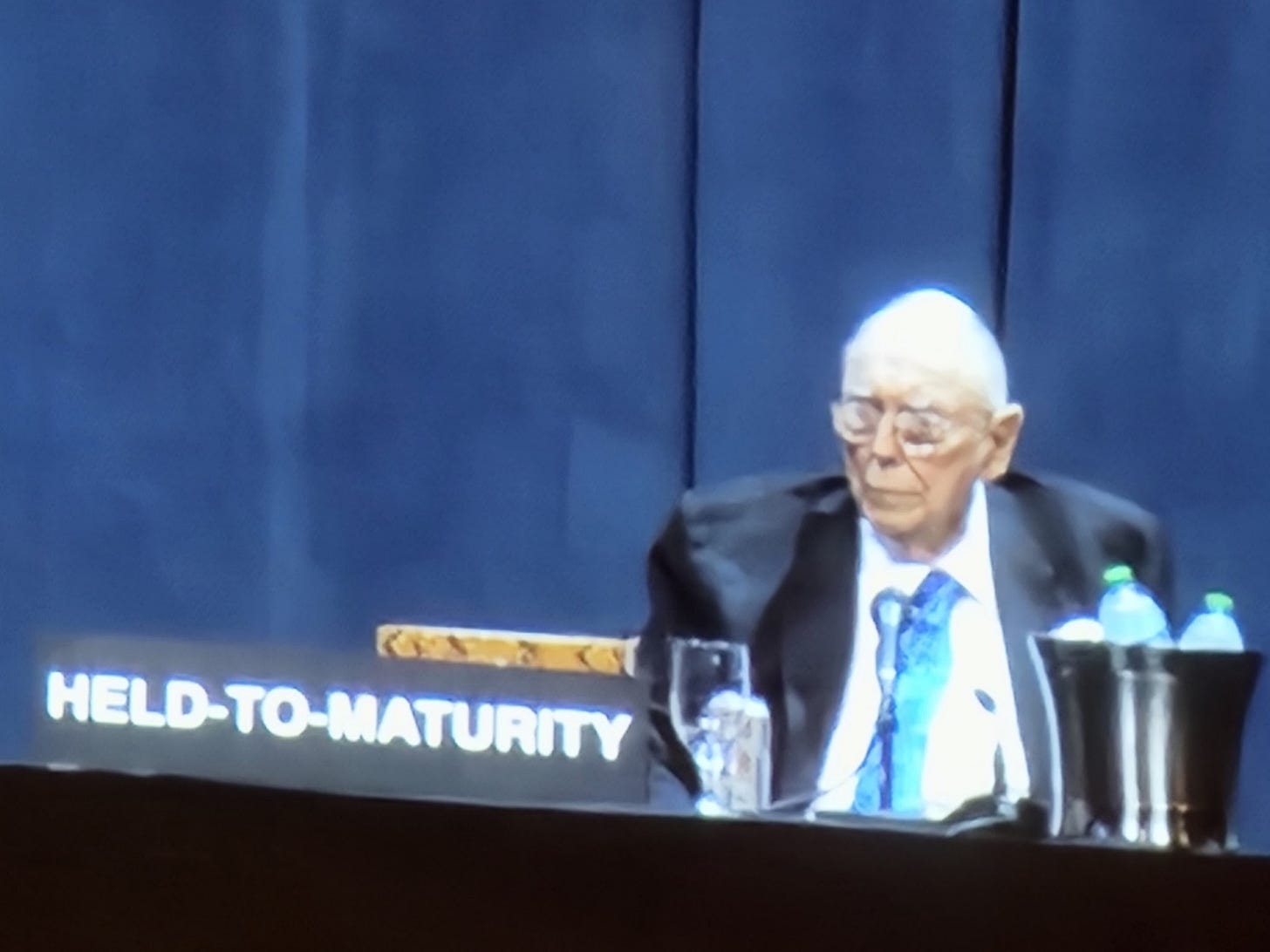Why learn anything at age 99?
When Charlie Munger made his final appearance at a Berkshire Hathaway shareholder meeting in 2023, he and Warren Buffett took an audience question asking them to identify some of their own biggest mistakes. Without responding directly to the question, Munger offered a succinct formula for avoiding regret in life.
His advice: Spend less than you earn. Invest frugally. Avoid toxic people. Avoid toxic behaviors. Learn continuously.
That final point stands out. At the time he delivered it, Munger was 99 years old. Yet he remained a fanatical learner, notoriously devouring far more books than most people and learning from as many practical directions as he could.
At age 99, one could be forgiven for choosing to take the easy route at just about anything. A rational analyst might note that a 99-year-old man has two years of actuarial life expectancy remaining. Any time spent learning anything new is surely subject to the law of diminishing marginal returns.
But there's another way to look at it, and Munger embodied this alternative viewpoint: Someone who has spent the better part of 99 years accumulating wisdom like a squirrel gathering nuts for a hard winter has put him- or herself in a position whereby any incremental unit of knowledge is unusually likely to yield a truly extraordinary result.
This is to say that after many years of accumulating raw information, the truly worldly scholar is positioned unusually well to synthesize new observations or conclusions that are likely to escape the less-experienced.
Society often shakes its collective head at the follies of senior citizens who are stuck in their ways or who find themselves unable to adapt to new and changing conditions. But that mockery would be better channeled into an active appreciation for those who really do try to remain vibrant learners, considering how much some of them still have remaining to contribute.
Not every 99-year-old (or even 69-year-old) will have as many thoughts remaining to synthesize as a Charlie Munger. But what a world if we expected more of them to do so, and if many of them rose to the occasion.


